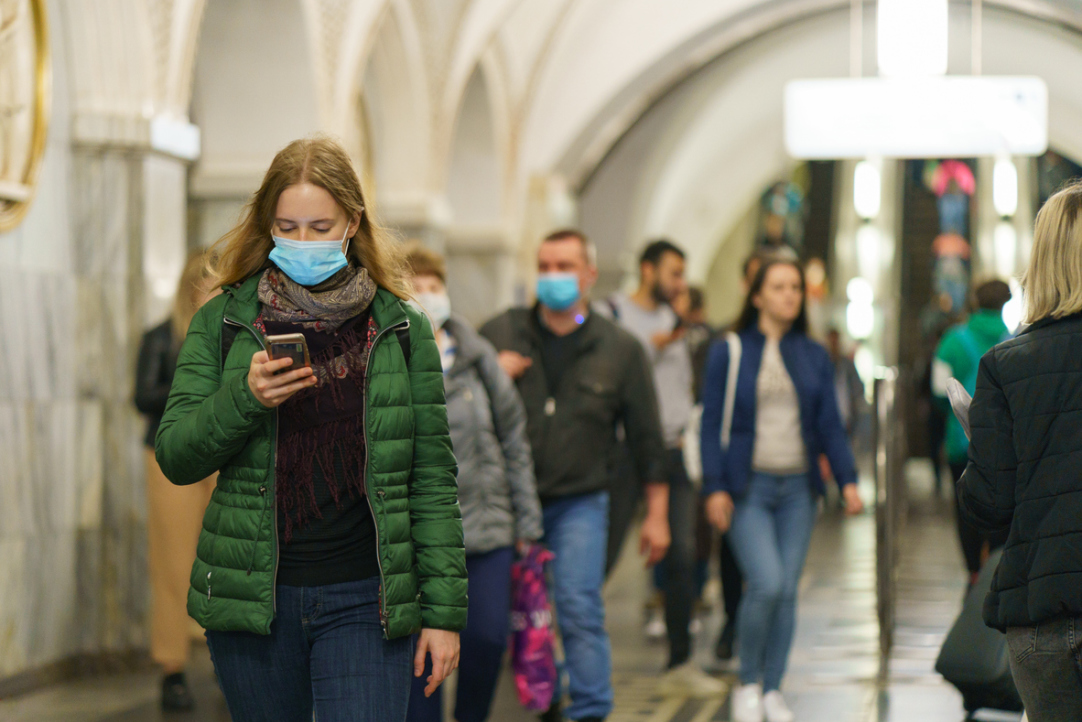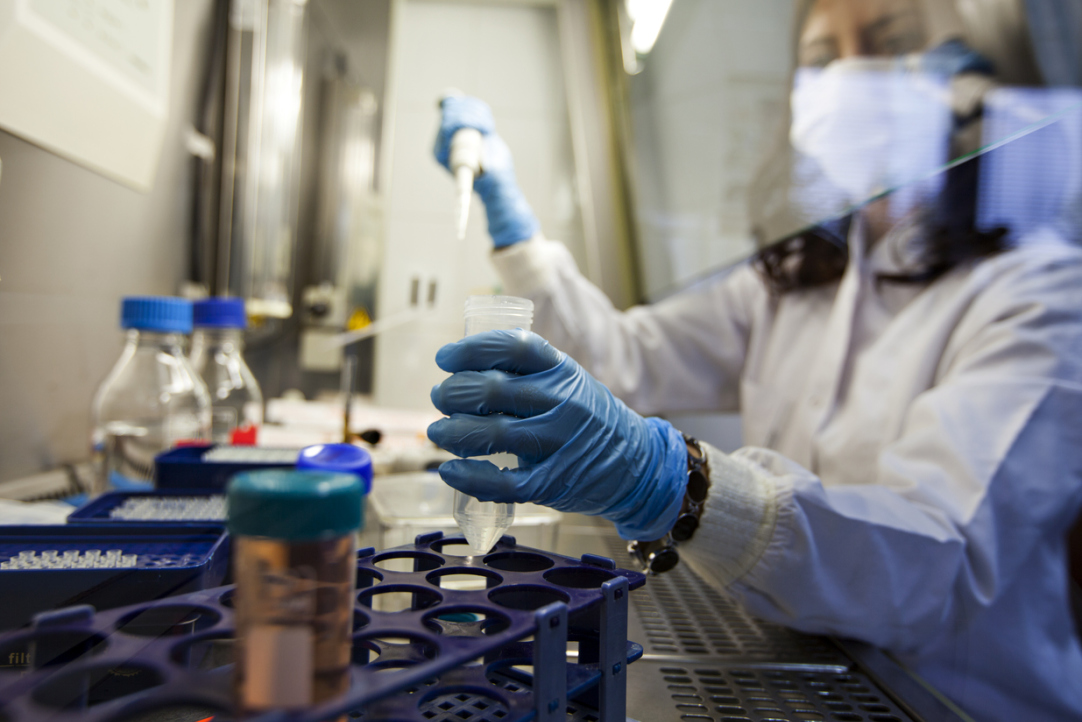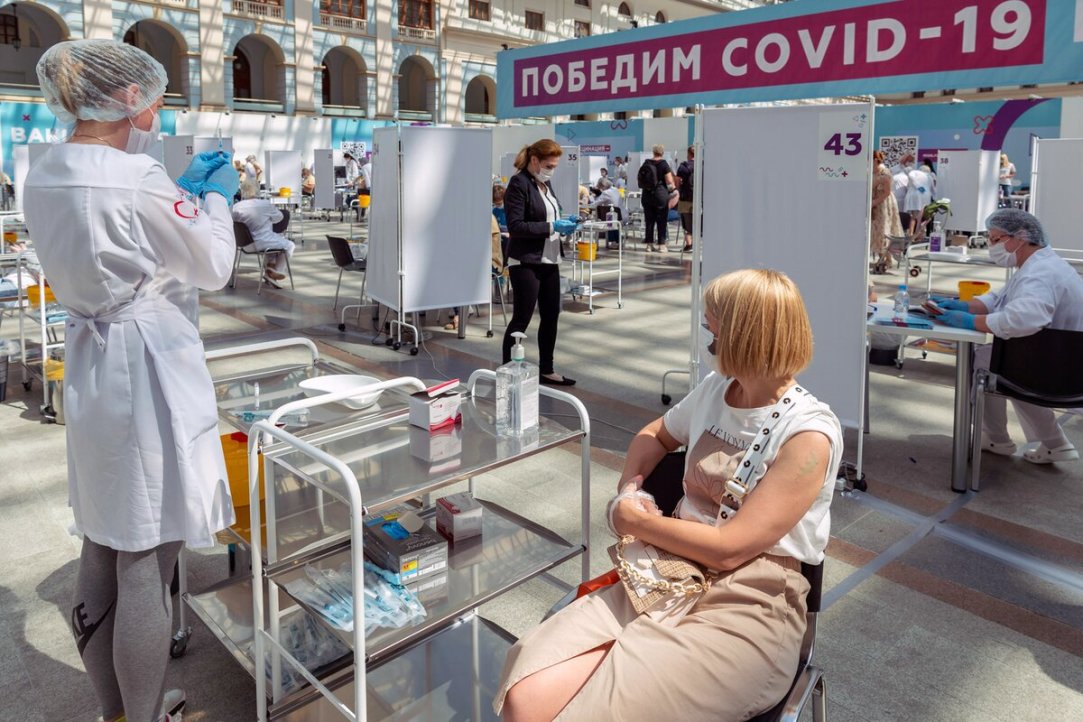
Results of HSE University’s Mirror Laboratories Contest Announced
This year, HSE University held the Mirror Laboratories project contest for the fourth time. A total of 19 applications were submitted to the contest from 16 HSE University research departments partnered with 16 organisations from 14 Russian regions. Following the contest results, 10 research projects received support.

Search Query: How to Study Migration with Google Trends
Experts have calculated that the number of international students in Russia has grown six times over the last decade, and researchers say that many of those who are studying today would like to stay in the country. This, alongside issues such as why Google Trends are worth looking into, were covered at the HSE XXIV Yasin International Academic Conference on Economic and Social Development section on demography and labour markets.

HSE Researchers Find Out How to Communicate Health Information More Effectively to Fight COVID-19
Focusing on mortality from the COVID-19 virus is no more effective than calls to wear masks and save lives, but it significantly increases people's anxiety. After conducting an experiment with over 15,000 respondents from 84 countries, an international group of researchers, including scientists from HSE, came to this conclusion. The results of the study have been published in the Affective Science journal.

Majority of Russian IT Specialists Do Not Plan to Relocate
Despite sanctions pressure and the departure of numerous international companies, Russian IT workers take an optimistic view of the development prospects of the domestic IT industry.

System to Automatically Identify Causes of Cryptogenic Stroke Under Development at HSE University-Perm
As a result of the 2023 Teacher-Student Team Research Project competition, the project ‘The Development of Automated Approaches to Identify the Aetiology of Cryptogenic Stroke with the Aim of Preventing Secondary Acute Cerebrovascular Accident’ has been created with funding from the HSE Academic Fund Programme. The project is led by Sofya Kulikova, Senior Research Fellow of the Laboratory of Interdisciplinary Empirical Studies (LINES).

'We Wanted to Create an Opportunity for Intercampus Teams to Engage in Promising Studies'
HSE University has announced the winners of the Project Competition in Basic Science Research for Intercampus Departments. The competition, which the university is organising for the first time, will provide funding to 10 research teams working on five topics. Four of the winning projects will be implemented by new research departments formed as a result of the competition.

Research Reveals RNA's Role in Cancer Progression
An international group of scientists and medical specialists, including HSE researchers, examined the role played by microRNA (miRNA) and long non-coding RNAs on the progression of ovarian cancer. Having analysed more than a hundred tumour samples, they found that miRNA can prevent cell mutation while long non-coding RNAs have the opposite effect of enabling such mutations. These findings can help design new drugs which act by regulating miRNA concentrations. The study was published in the International Journal of Molecular Sciences.

Acceptance of Vaccination Associated with Lower Social Media Use and Higher Trust in Government
Vaccination is generally considered an essential tool for curbing the COVID-19 pandemic. Although Russia was one of the first countries to develop a vaccine against COVID-19 and launched an immunisation campaign in 2021, its vaccination rates remained low for a long time. By October 2021, only 36% of Russian adults were vaccinated, many of whom were compelled by their employers to do so. Having examined the factors contributing to low trust in vaccination among Russians, HSE economists suggest measures to improve vaccination uptake. The paper is published in Vaccine.

The Results of Dyslexia Diagnosis Depend on the Tests Used
HSE University researchers have found that complex phonological tests involving several cognitive processes predict dyslexia better than simple ones. This may happen due to the fact that Russian-speaking children with dyslexia generally do not have difficulties distinguishing speech sounds. However, it’s not enough to use only phonological tests to reliably diagnose the causes of reading disorders. The results of the study were published in the Journal of Speech, Language and Hearing Research.

HSE University Researchers Adapt Emotional Contagion Scale to Russian Language
Scholars from the HSE Institute for Cognitive Neuroscience have translated the Emotional Contagion Scale into Russian and validated it on Russian-speaking participants. It was the first study of how people unconsciously ‘catch’ other people’s emotions using a Russian sample. The results of the survey, which involved more than 500 respondents, demonstrate that women are more inclined to imitate emotions of others than men. The study was published inFrontiers in Psychology.

